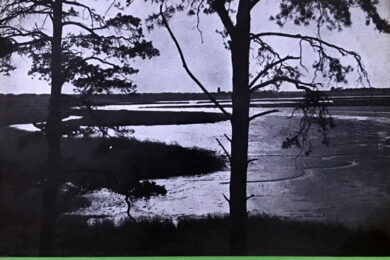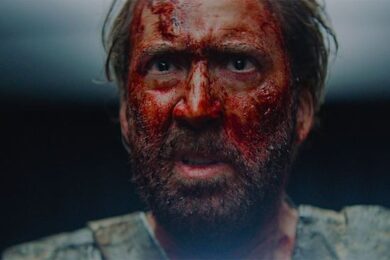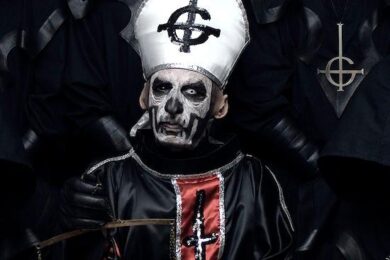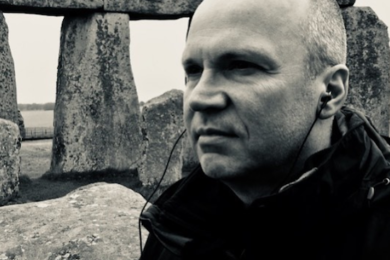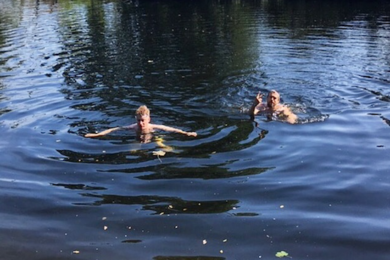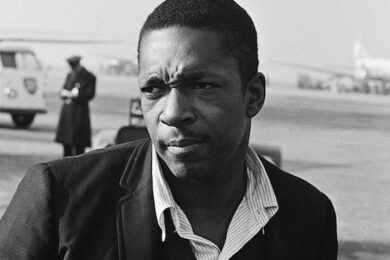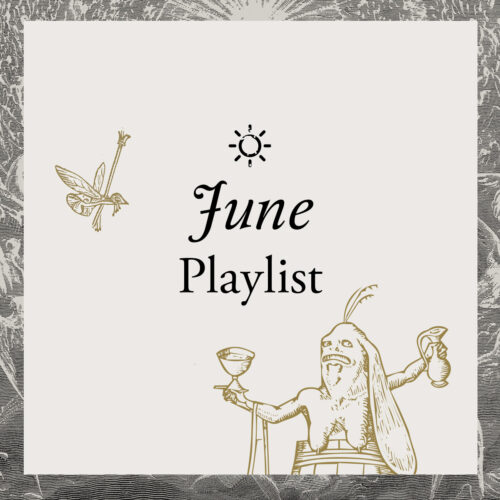


Black Sky Thinking
Essays, investigation and opinion on today’s cultural landscape
Why We’re Investigating Extreme Politics in Underground Music
With the far right in ascendence across the globe, there's never been a more necessary time to investigate fascist and racist infiltration, current and historical, into the underground culture we love. In an introductory essay to a new Quietus series, Dylan Miller explains why we're doing it

It’s Art, Darling: Kate Bush, Duckie & Loyalty In The Wilderness Years
Fame and favour are fickle, but some artists are forever in your heart and your record box, even if they have made an album with Lenny Henry. Here Mark Wood, aka The Blonde One of Duckie resident DJs The Readers Wifes, explains how a love for Kate Bush is what launched their two decades of dancefloor drama and mayhem

Junk Shop Classical on George Antheil: Music Stories Told £1 LP By £1 LP
American composer George Antheil – the self-proclaimed "bad boy of music" – was a pioneer of sound who had a shot at the big time and blew it. But he found a place in history, putting into practice a trailblazing invention by "the most beautiful woman in the world", Hedy Lamarr
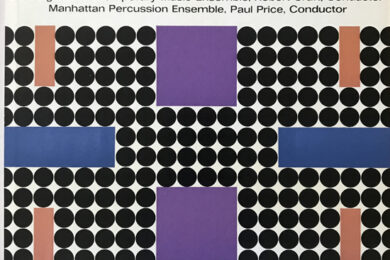
Music For Algorithms: In Search Of Eno’s Ambient Vision In A Spotify Era
As Brian Eno prepares to reissue his influential 'ambient' albums, William Doyle asks what significance the genre still has in a world of Spotify playlists designed for wellness pursuits and making admin bearable

Rude Citizenship: Jamaican Musical Challenges to Copyright(ed) Culture
Ahead of a major festival devoted to issues around copyright, Larisa Mann explores the relationship that Jamaican soundsystem culture has to the concept of musical ownership. Photo of Sister Nancy by Campagnie Valentin

Lindsay Kemp’s Last Project: What Love Would Want
Diversity, equality, inclusivity and love as a human right? As the world began to sit up and pay attention to Me Too in the U.S. and gay refugees in Chechnya, Lindsay Kemp teamed up with singer songwriter Tim Arnold to make sure his last dance would remain a beacon of love and light to unite all. Words by Ben Pelchat
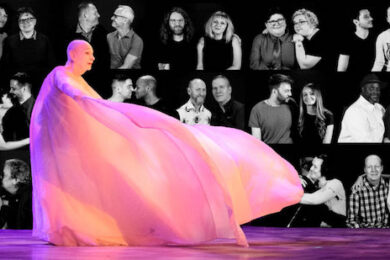
Why The Sale Of UK Railway Arches Is A Disaster For Underground Music
In a move that has gone unnoticed by most, Network Rail has sold off its thousands of railway arches, many of them home to venues, clubs and studios that are vital for the health of independent culture. Ed Gillet explores this grievous threat to the UK. Images all from the Quietus 10th Birthday rave at Corsica Studios by Zbigniew Kotkiewicz

The Absence Of Alice Coltrane – Reflections On Spiritual Eternal
In 1975, Alice Coltrane left the Impulse label and moved to less-jazzy more-rocky Warner Bros, where she made three studio albums in three years – Eternity, Radha-Krsna Nama Sankirtana and Transcendence – just remastered and reissued all together as Spiritual Eternal. They mark a key turning point in Coltrane’s journey away from jazz and the music industry – except Alice Coltrane never moved on from anything, she just kept on going and growing
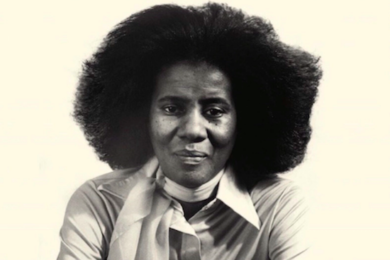
Junk Shop Classical on Beethoven’s Grosse Fuge: Music Stories Told £1 LP By £1 LP
Beethoven’s Grosse Fuge is one of the most extreme pieces of music ever written, in any genre. A visionary work that only began to make sense in the 20th century, asks Phil Hebblethwaite, or a cacophonous duff that betrays a disturbing truth about a highly complex man?
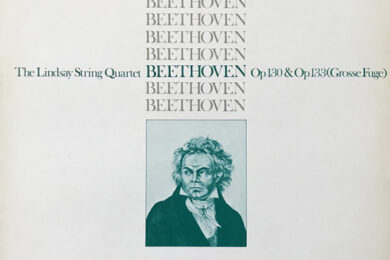
Why Gaming Is An Art Form That Belongs In A Gallery
As the Victoria & Albert Museum host a major exhibition of gaming, Zoheir Beig celebrates the thwacking of the big final level baddy called snobbery and the increasingly widespread acceptance of it as an art form in its own right
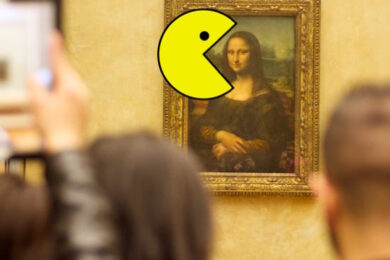
Faggamuffins Step Out: Why Queering Carnival Matters
In a possibly world first, this weekend's Hackney Carnival will host the Faggamuffin Bloc Party sound system entirely run by and featuring queer people of colour. Virginia Wilson explains why this exciting new development is so personally and politically important

Aphex Twin’s Collapse EP Reviewed From The Gwennap Pit
John Doran was on his way to the Gwennap Pit in Cornwall when he received the new Aphex Twin EP by email. But is the outdoor Methodist amphitheatre and "early ancestor of the speaker cone" an ideal place to enjoy Richard D. James' latest?

Junk Shop Classical on Albinoni’s Adagio: Music Stories Told £1 LP By £1 LP
A classic of film scores, Albinoni’s Adagio isn’t a lost baroque masterpiece; it’s a spoof composed by his biographer in the 1950s. Harmless fun, asks Phil Hebblethwaite, or a savage exposé of classical music’s obsession with authenticity and dead men?
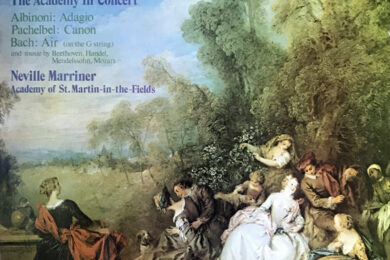
Gravedancing: Pig Destroyer, Grindcore And The End Times
Grindcore emerged as a backlash to global capitalism, before Pig Destroyer did something much nastier with it. As they release an album that deals with our harrowing modern era, Dan Franklin examines whether this ferocious genre is actually being outstripped by a remorseless new reality. All Pig Destroyer pictures by Joey Wharton

Why The Jordan Peterson & Mumfords Brodown Comes As No Surprise
There was a minor conference of whoppers recently when alt-right figurehead Jordan Peterson popped into Mumford & Sons' studio for a photo op. Jazz Monroe explains why this proves that music journalists and cultural Marxists were right all along

Junk Shop Classical on Mstislav Rostropovich: Music Stories Told £1 LP By £1 LP
Fifty years ago, the Proms became the scene of a protest against the Soviet invasion of Czechoslovakia. It was a night of high drama, says Phil Hebblethwaite, defined by Russian cellist Mstislav Rostropovich giving a performance that has gone down in legend
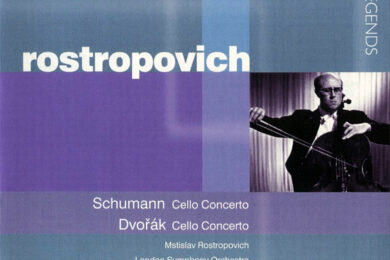
It’s Coming Home – But Not How You Think. On England At Russia ’18
As England battle their way further through the World Cup you can barely move online or off without encountering a joyous yell of 'it's coming home'. But, writes David Bennun, this isn't about Gareth Southgate's team winning the final - it's more than that. (Image - creative commons)

Winter Magic: David Sylvian On Collaborating With Holger Czukay
As Grönland reissues his collaborative albums with Holger Czukay, David Sylvian writes for The Quietus as he remembers the spirit of experimentation that he discovered in the Can studio during the 1980s. Photos by Yuka Fujii.

Junk Shop Classical On Clara Schumann: Music Stories Told £1 LP By £1 LP
Clara Schumann had one of the most extraordinary lives in 19th century music, says Phil Hebblethwaite. Against the odds, she made it as a pianist, and she ought to have been recognised as a great composer too

Why Everything Is Love Is Tidal’s Last Desperate Throw Of The Dice
This weekend, Jay-Z and Beyoncé released joint album Everything Is Love exclusively via their Tidal platform. But with the record already on Spotify, Eamonn Forde argues that this is yet another vain lunge by the 1% and a platform that is failing to take off

Perfect Sound For A Little Longer: In Defence Of The CD
We're supposedly in the middle of a vinyl revival, streaming services are hoovering up all the coin, and everyone seems to have a cassette column. But, argues James Toth, it's the humble compact disc that we should be celebrating

What Is New Weird Britain? A Guide To The UK Underground In 2018
As we get ready for this year's Supersonic Festival, Noel Gardner, John Doran and Luke Turner present their takes on what the underground we're calling New Weird Britain constitutes, from anti-corporate defiance, performance art, and a bold new exploration of landscape and place

Junk Shop Classical On Peter Warlock: Music Stories Told £1 Record By £1 Record
Peter Warlock, occultist and wild man of early-20th century British classical music, took his own life in 1930, aged 36. He died a fringe concern, but his cult and music continue to grow, says Phil Hebblethwaite. We see now how far ahead of his time he was
